Published in the Sunday Navbharat Times on 28 July, 2024
I recently participated in an event hosted by the French consul general in Mumbai to celebrate French National Day. It was a beautiful, glittering evening, and as a reminder of the world’s most awaited sporting event, we were welcomed into the Taj Mahal Hotel’s elegant Crystal Room, adorned with the five rings of the Olympics. The Olympic Games, which are to be held in Paris this year from July 26th to August 11th, are more than just a global sporting event; they are a powerful catalyst for change in the cities that host them. When it comes to travel, opinions are divided: some people travel to experience the Olympics live, while others prefer to avoid the city altogether and catch the action from the comfort of their homes. Which category do you fall into? Personally, I think traveling to the city after the Olympics is over is a fantastic idea. From Barcelona to Beijing, the Olympics have left an indelible mark on their landscapes, economies, and identities. As sports tourism continues to rise, these cities reap the benefits of improved infrastructure and increased international attention. With the Paris 2024 Olympics on the horizon, I started thinking about how many Olympic host cities I have visited. Here are a few I have enjoyed traveling to again and again.
Any discussion on the Olympics is incomplete without mentioning Greece or Athens, one of my favorite destinations in the world. The Olympic Games trace their origins back to ancient Greece, where they began in 776 BCE in Olympia. These early Games were held in honor of the Greek god Zeus and featured a variety of athletic competitions among representatives of Greek city-states. The ancient Olympics were not only a display of physical prowess but also a means to promote unity and peace among often-warring states. Even today, sports serve as a platform for promoting peace, unity, and excellence.
Athens holds a special place in Olympic history as the site of the first modern Olympic Games in 1896. Inspired by the ancient tradition, French educator Pierre de Coubertin founded the International Olympic Committee (IOC) and organized the Athens Games to revive this global sporting event. The success of the 1896 Olympics set the stage for the continuation and evolution of the Games, transitioning from an exclusive Greek tradition to a worldwide celebration of sports and culture. On my last visit to Athens two years ago, as part of a city tour, I visited the historic Panathenaic Stadium, dating from the 6th century. This multipurpose stadium, built entirely in marble, gave me goosebumps as I stood there, knowing that it was the site for the opening and closing ceremonies of the first modern Olympics in 1896. It is from this very stadium that the Olympic flame handover ceremony to the host nation takes place. On your next trip to Greece, make sure to spend sufficient time in Athens and visit the Panathenaic Stadium along with other attractions.
Hosting the Olympics is a monumental task that often requires a city to undergo significant changes. From building new sports venues to upgrading transportation systems, the preparations for the Games can lead to a complete urban overhaul. Barcelona is often cited as the gold standard for how the Olympics can rejuvenate a city. Before 1992, the city was relatively unknown on the global stage. However, extensive urban renewal projects, including the development of the waterfront, new sports facilities, and transportation improvements, transformed Barcelona into a top tourist destination. The Olympic Village was repurposed into residential housing, and venues like the Palau Sant Jordi continue to host major events. In Veena World’s Spain tours, you can admire the new and old architecture of Barcelona, from Antoni Gaudi’s unfinished masterpiece, the UNESCO World Heritage Sagrada Familia, to the Olympic Stadium.
Speaking of architecture, we cannot ignore the modern architecture of China built for the Olympics, which became the talk of the town. The 2008 Olympics in Beijing showcased China's rapid development and modernization. Iconic structures like the Bird’s Nest stadium and the Water Cube became architectural marvels and tourist attractions. The city invested heavily in infrastructure, including new highways and an expanded subway system, which have continued to benefit residents and visitors alike.
Some cities never stop being fascinating no matter how many times we visit. One such city is none other than the UK's capital, London! The 2012 Olympics in London left a lasting legacy in the form of the Queen Elizabeth Olympic Park. This once-industrial area was transformed into a vibrant public space with sports venues, parks, and housing. The Games also spurred improvements in public transportation, including the expansion of the Overground network. Anyone who has traveled on London's Underground system will vouch for it being one of the best in the world. With different travel passes, it is indeed the best way to see the city’s attractions, and what’s more, lines like the Piccadilly train line even connect central London to the airport, making travel really comfortable.
If you wish to visit a country in South America that hosted the Olympics, then look no further than Brazil! The 2016 Olympics brought about substantial changes in Rio de Janeiro. The revitalization of the port area, known as Porto Maravilha, and the creation of new sports venues have enhanced the city's appeal. On our tours to South America, Rio is one of the important cities, and here you can see the redeveloped Maracanã Stadium, which continues to draw sports fans and tourists, along with favorites such as Sugarloaf Mountain and the Art Deco statue of Christ the Redeemer, one of the new wonders of the world! And of course, no trip to Rio is complete without visiting its famous beaches.
As Paris prepares to host the 2024 Olympics, the city is focusing on sustainability and inclusivity. The Games will utilize many existing venues to minimize environmental impact, and new constructions are designed with long-term use in mind. The centerpiece will be the Stade de France, with additional events held at iconic locations like the Eiffel Tower and the Champ de Mars. Infrastructure projects include the extension of public transportation, improvements to the Paris metro, and the creation of new cycling and pedestrian paths, which we can enjoy on our future visits to the city.
Olympic infrastructure often becomes integral to a city's tourism landscape. The Olympic Games have the power to transform cities, leaving a legacy that extends far beyond the closing ceremony. As we look forward to the Paris 2024 Olympics, which Olympic cities have you visited, and which are on your wish list? Let me know!






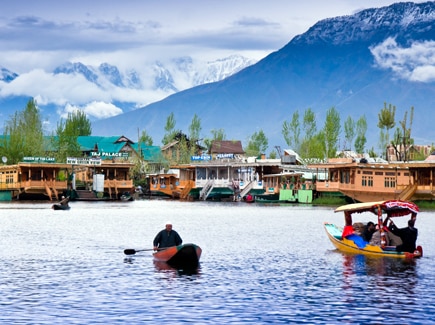
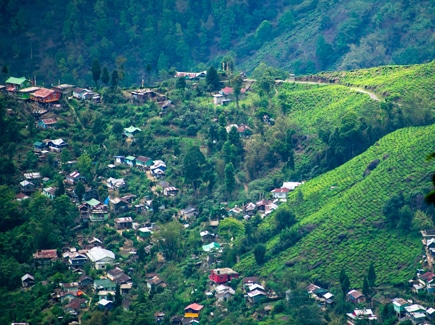
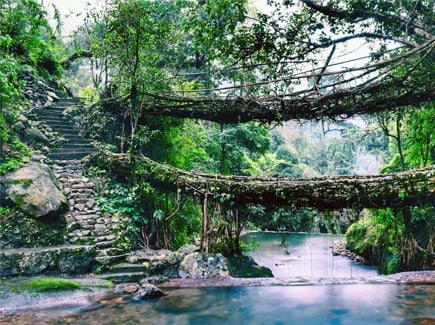
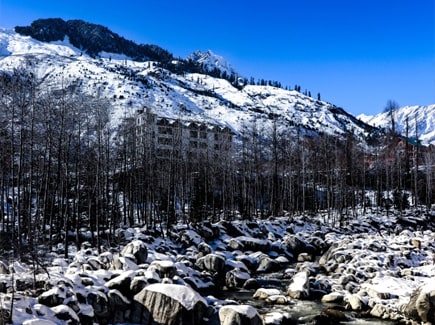
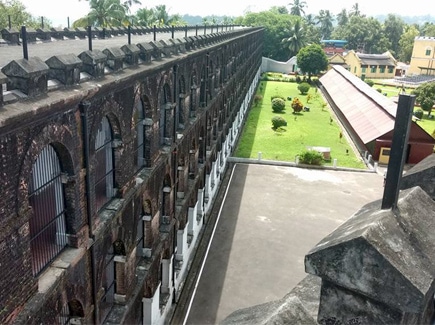
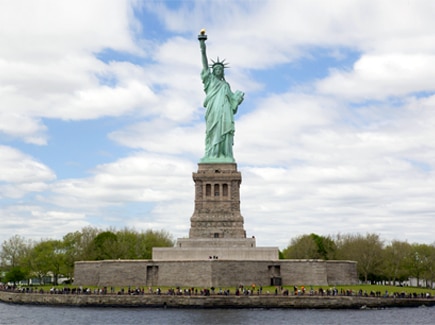
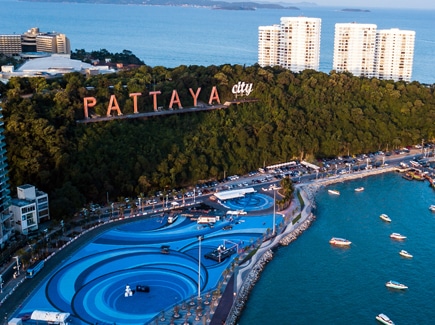
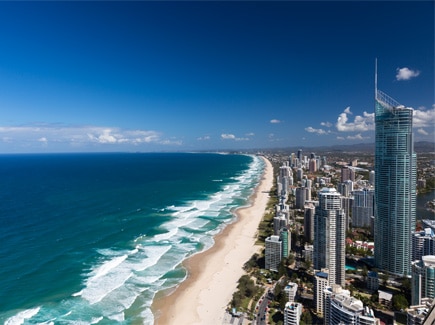









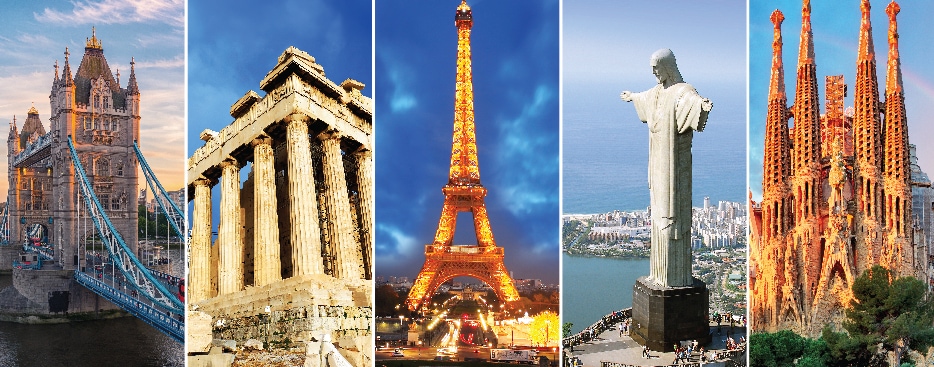



















Post your Comment
Please let us know your thoughts on this story by leaving a comment.